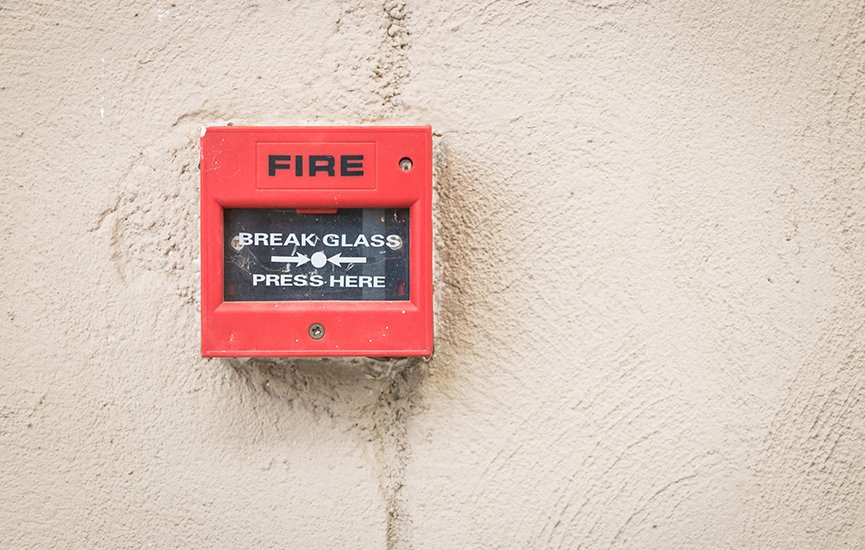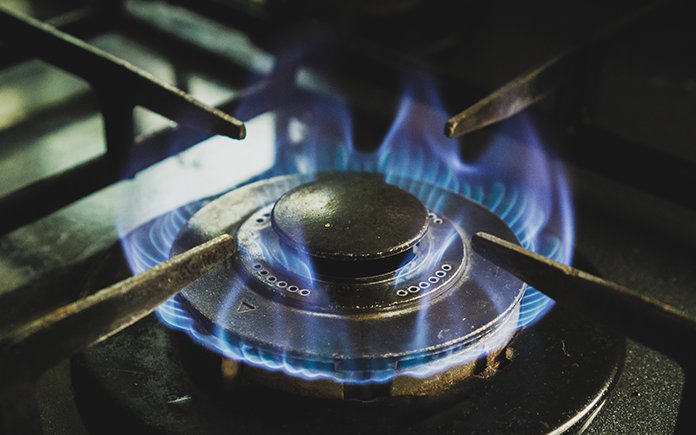Fire Alarm Installation

The installation of fire alarms in the UK is governed by British Standards, specifically BS5389. This regulation encompasses the guidelines for fire safety devices, including smoke detectors. These detectors are designed to identify the presence of smoke either through the heat emitted by smoke particles or via specific indicators engineered to recognize smoke. This early detection aims to trigger an alarm before smoke levels increase to the point of igniting an open flame.
Adhering to the BS5389 standard for fire alarm installation entails following specific guidelines regarding the placement and height of smoke detectors. It also covers the necessary electrical wiring practices for these detectors, including requirements for a battery backup system. FP Fire install all our Fire Alarms to BS5389 standards.

The Importance of Working Fire Alarms
- Alerts occupants early, allowing for timely evacuation.
- Helps to minimize property damage by enabling quicker firefighting response.
- Integral to building safety systems and regulatory compliance.
Types of Fire Alarm Systems:
- L1 Fire Alarm Systems:
Full coverage with detectors in all areas including voids, for maximum protection. - L2 Fire Alarm Systems:
High-risk area and escape route coverage, less comprehensive than L1. - L3 Fire Alarm Systems:
Focuses on protecting escape routes and adjoining rooms for safe evacuation. - L4 Fire Alarm Systems:
Limited to escape route detection to ensure clear evacuation paths. - L5 Fire Alarm Systems:
Customized protection for specific areas or risks not covered by L1-L4.
Find The Right Service For You
1-3 Fire Alarms
Installation
- Includes:
- Supply
- Installation
- Commission Certificate